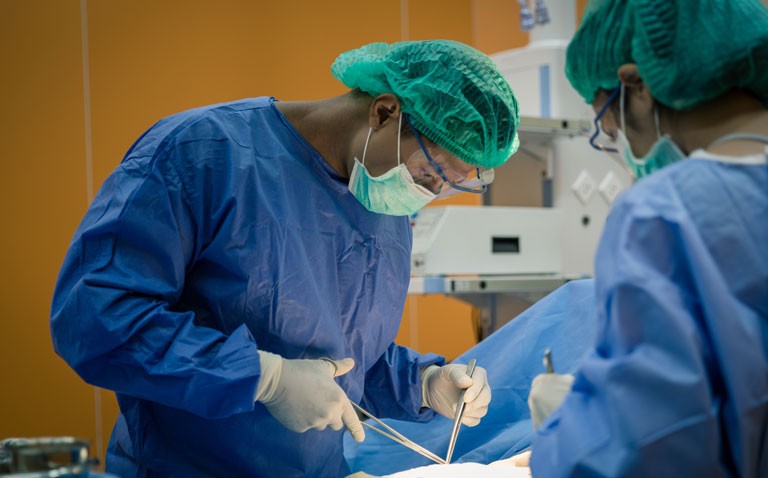Immunocompromised patients were excluded from the COVID-19 vaccine trials thus it was unclear to what extent their immune response might be blunted after vaccination.
In a statement from the British Society for Immunology, it was recognised that those who were either immunocompromised or immunosuppressed, were likely to develop a lower antibody response after vaccination against COVID-19. Nonetheless, the statement also stressed the importance of receiving a vaccination, even though the level of protection might be less than the rest of the population. But how does the antibody response compare to the rest of the population was a question addressed in a letter to JAMA by a team from the Department of Surgery, Johns Hopkins University School of Medicine, Baltimore, US. The team used social medial to recruit transplant patients from across the US who had received a COVID-19 vaccination between December 2020 and February 2021. All of the participants underwent either at-home blood sampling with the TAP11 blood collection device (which uses an immunoassay) or a standard venipuncture sample which was also tested using an immunoassay method. While the immunoassay is semi-quantitative, corresponding to viral antigens, the results are consistently correlated with neutralising immunity. The researchers sought to assess the proportion of patients who developed a positive antibody response and analysed the result in relation to the clinical and demographic patient details.
Findings
In total, 436 transplant patients were included in the study with a median age of 55.9 years (61% female) and the majority (89%) of White ethnicity, none of whom had a prior positive PCR COVID-19 test result. In addition, the median time since transplantation was 6.2 years. The main current immunosuppressive therapies included tacrolimus (83%), corticosteroids (54%) and mycophenolate (66%) and azathioprine (9%). The vaccines received included the BNT162b (52%) and the remainder the mRNA-1273 (Moderna).
After a median of 20 days from the first vaccination dose, antibodies were detected in only 76 (17%) of participants. A higher number of participants receiving the mRNA-1273 vaccine developed antibodies (69% vs 31%) and in general, older participants were less likely to develop antibodies (incidence rate ratio = 0.83, 95% CI 0.73–0.93, p = 0.02) than those aged 18 – 39. A further observation was how transplant recipients receiving anti-metabolite maintenance immunosuppression (e.g., mycophenolate or azathioprine) were also less likely to develop an antibody response (37% vs 63% respectively).
The authors concluded that a poor anti-spike antibody response among transplant recipients suggested that such patients remained at a higher risk of COVID-19 despite vaccination. However, a recognised limitation of the study was that their results were based on only a single vaccine dose and called for future studies to examine the impact after the second vaccine dose on the development of anti-spike antibodies.
Citation
Boyarsky BJ et al. Immunogenicity of a Single Dose of SARS-CoV-2 Messenger RNA Vaccine in Solid Organ Transplant Recipients. JAMA 2021










